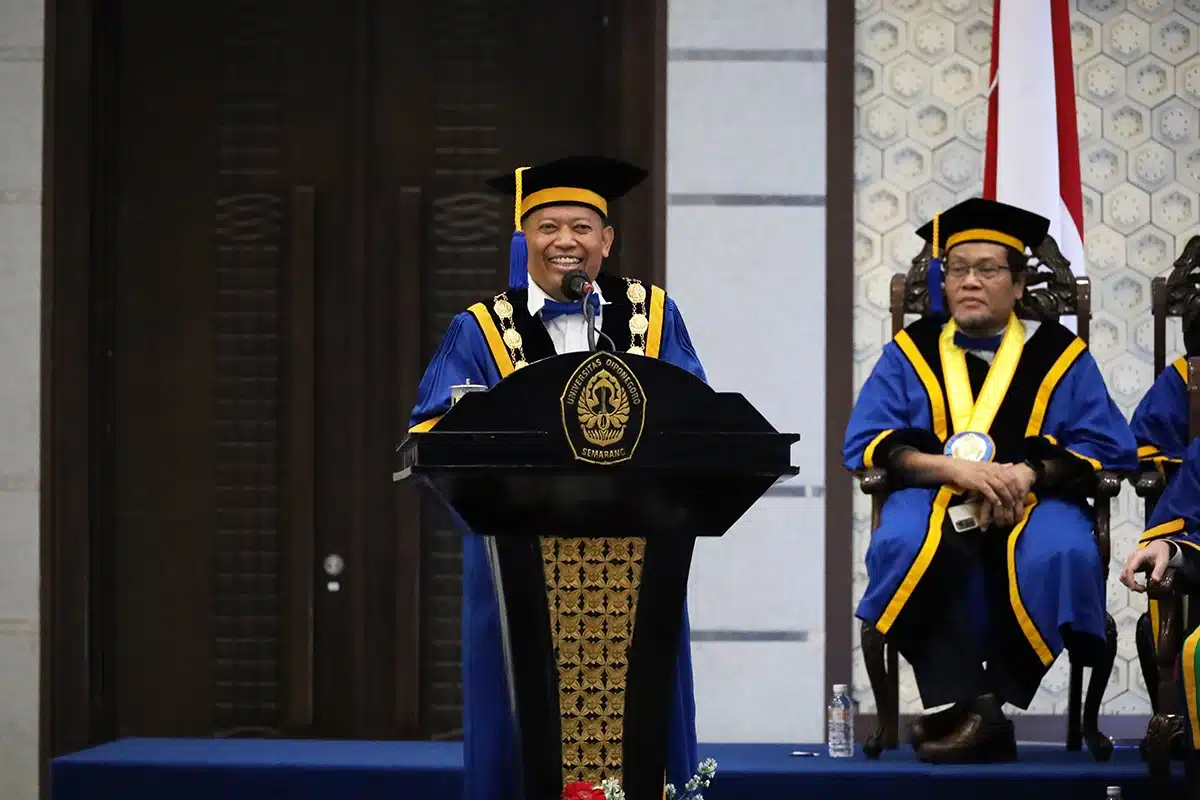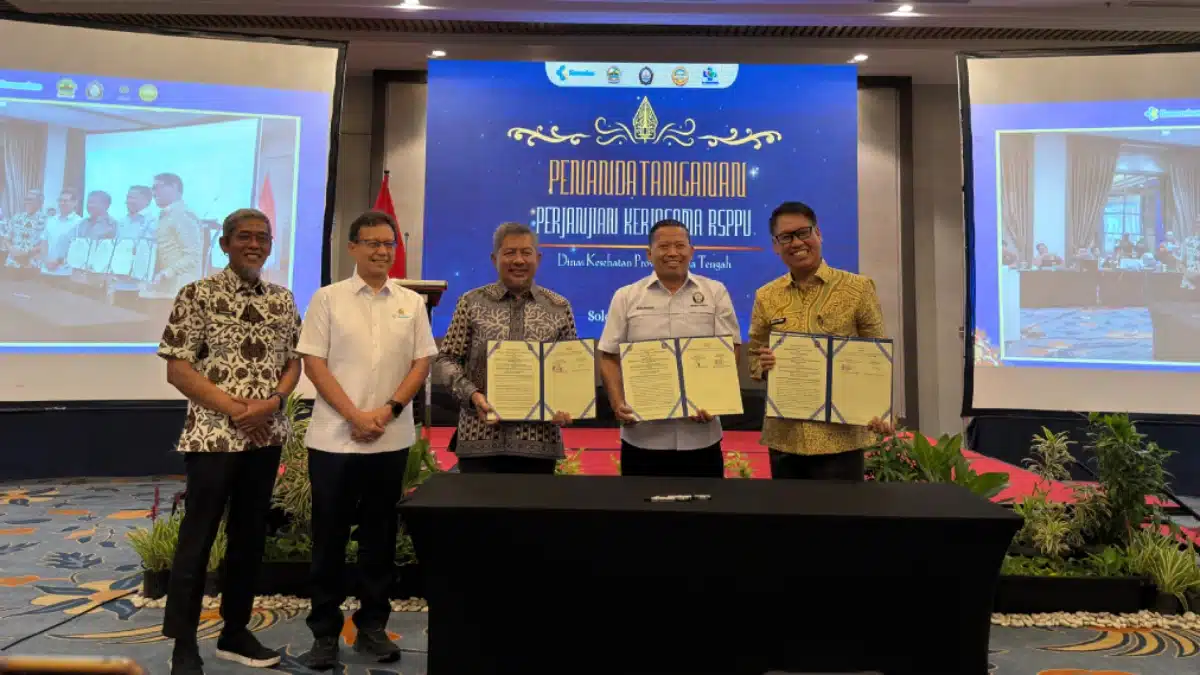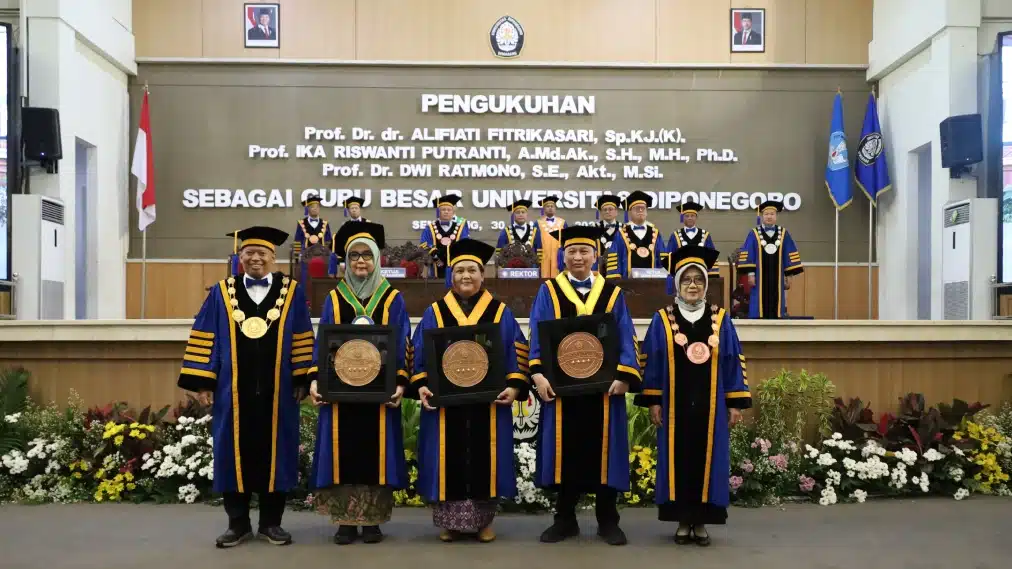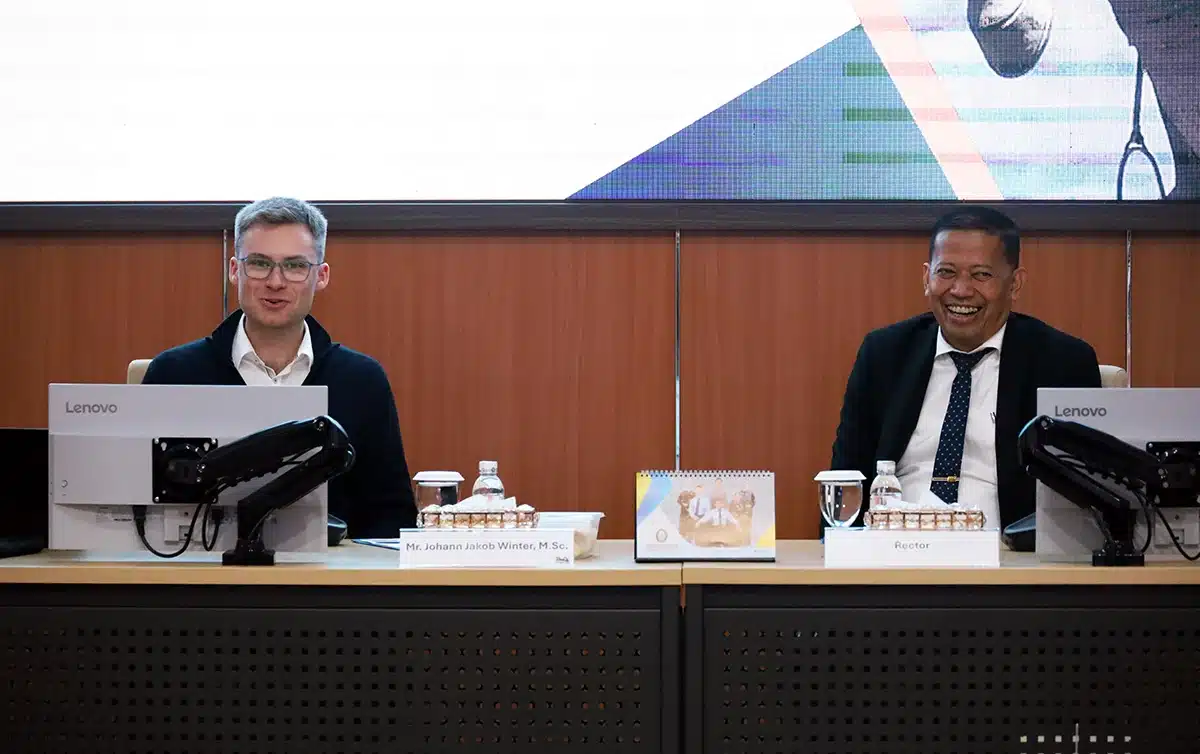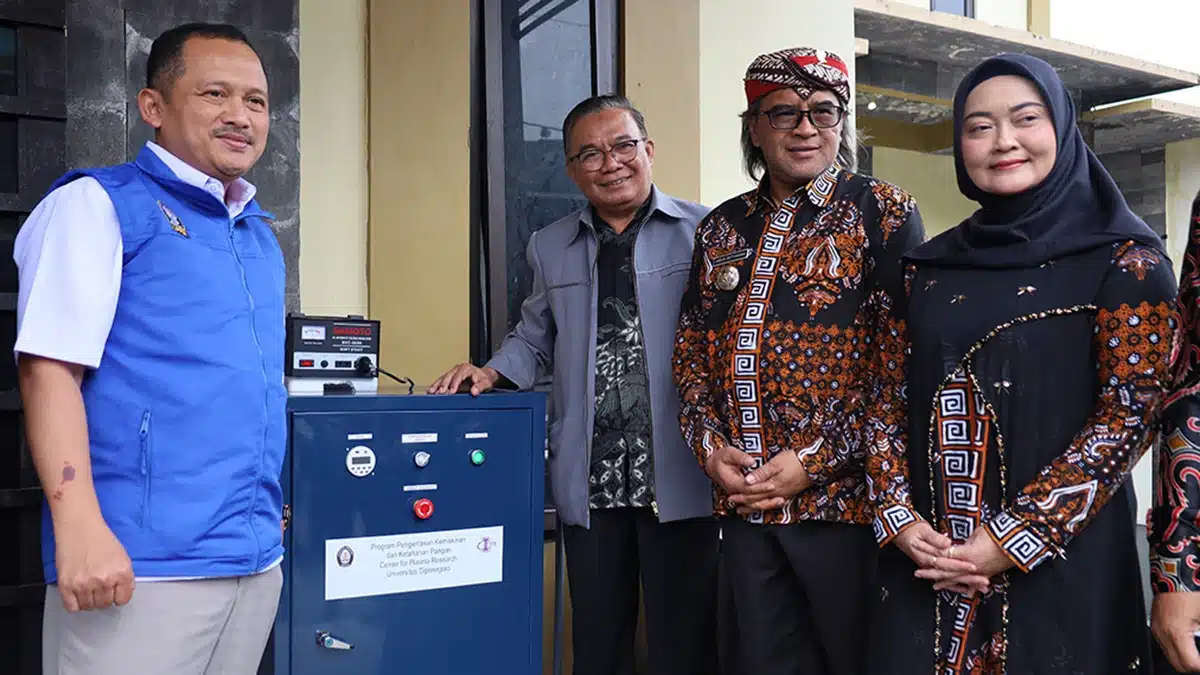Dr. Sari Listyorini, S.Sos, M.AB is a Lecturer at the Department of Business Administration, Faculty of Social and Political Sciences, Diponegoro University with majors in Business Administration (S1), Business Administration (S2), and Business Administration (S3). In her scientific research entitled “Effect of Religiosity on Fashion Involvement, Fashion Knowledge, Customer Perceived Value, Consumer Satisfaction, and Patronage Intention”, Dr. Sari wrote reviews on the characteristics of the product, namely fashion where changes are very fast so that it encourages consumers to continue to be involved following current trends, and if the product provider does not adjust, then patronage intention does not occur.
“The ever-changing human or consumer desires should receive the attention of marketers to accommodate all of these changing desires. One of them is fashion products that are always changing rapidly, which requires the creativity of designers or companies to comply with changes,” she said.
According to her, fashion companies depend on customers who make repeat purchases to achieve satisfaction and patronage if fashion products meet the needs of fashion that is stylish, durable, easy to care for, comfortable, valuable and all other criteria deemed relevant to the needs of buyers. One of the needs of a person for fashion is fashion products for Muslim women.
“Recommendations from this research include suggestions for brand store owners to pay attention to consumer religiosity as a basis for being more consistent in creating Muslim fashion products that comply with Islamic sharia and are in demand by consumers. Brand stores provide very important information related to Muslim fashion products explicitly to consumers in order to create individual preferences for Muslim fashion. The Pull Strategy is a strategy aimed at attracting consumers, which can be done through Word of Mouth, intensive promotion to the mass media, selling through advertising, even though it requires a very large amount of money, but has a tremendous impact in seizing the Muslim fashion market in Indonesia,” concluded Dr. Sari. (Lin – Public Relations)


